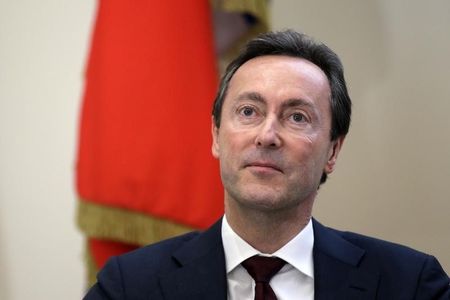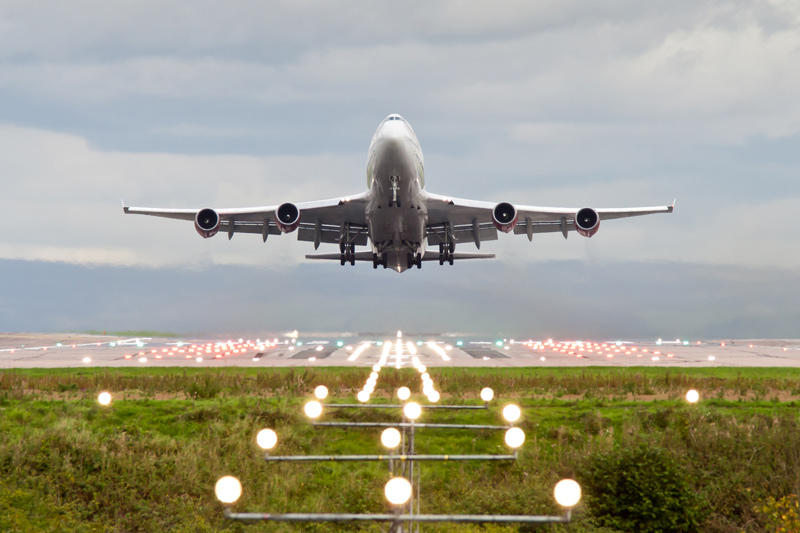FRANKFURT/PARIS (Reuters) - The head of planemaker Airbus has voiced growing support for plans to upgrade a popular wide-body jet to sharpen its contest for plane sales with Boeing (N:BA), while urging European authorities to weaken the euro to help exporters compete.
In a trio of European newspaper interviews published on Tuesday, Fabrice Bregier, chief executive of the flagship division of Airbus Group (PA:AIR), said there were predictions of strong demand for an enhanced version of the A330.
The possibility is "growing every day" that Airbus will go ahead with the so-called "A330neo", though not necessarily at next week's Farnborough Airshow, he told the Financial Times.
The newspaper quoted him as saying it might be possible to sell more than 1,000 of the revamped aircraft.
Airbus has drawn up plans to revamp its biggest-selling wide-body passenger jet to preserve a second front in its competition with the delayed Boeing 787 Dreamliner (N:BA) while it prepares to introduce the A350.
It said over the weekend it had not decided whether it would launch the A330neo at the July 14-20 air show.
Interviewed by France's Les Echos, Bregier said the industry's largest showcase event fell "a bit early" to finalize the project and that launching it there is "not an objective".
Industry sources have said the definition of the 250-300 seat jet is broadly complete, notably the selection of Rolls-Royce (L:RR) as sole engine supplier for the aircraft, which would offer new wingtips and fuel savings of 14-15 percent.
Bregier has been seen as cautious about the roughly $2 billion project as Airbus faces challenging increases in production elsewhere, but has been progressively more enthusiastic in public since the Berlin Airshow in May.
In a separate interview with German daily Handelsblatt, Bregier repeated that Airbus would make an announcement by the end of the year should it decide not to launch the A330neo.
Bregier also called on the European Central Bank to take steps to devalue the common European currency to help exporters who are being hit by a strong euro.

"It should do what the Japanese did last year and what the Americans have been doing the whole time... It is not fate that the euro shoots through the roof while the American and Japanese use their currencies to support industry," he told Handelsblatt.
"I am not talking about a huge devaluation, I am talking about 10 percent," Bregier said, adding that all European exporters would be fine at an exchange rate of $1.20 to $1.25 while currently the rate is about $1.36.
(Reporting by Maria Sheahan, Tim Hepher; editing by Jason Neely)
